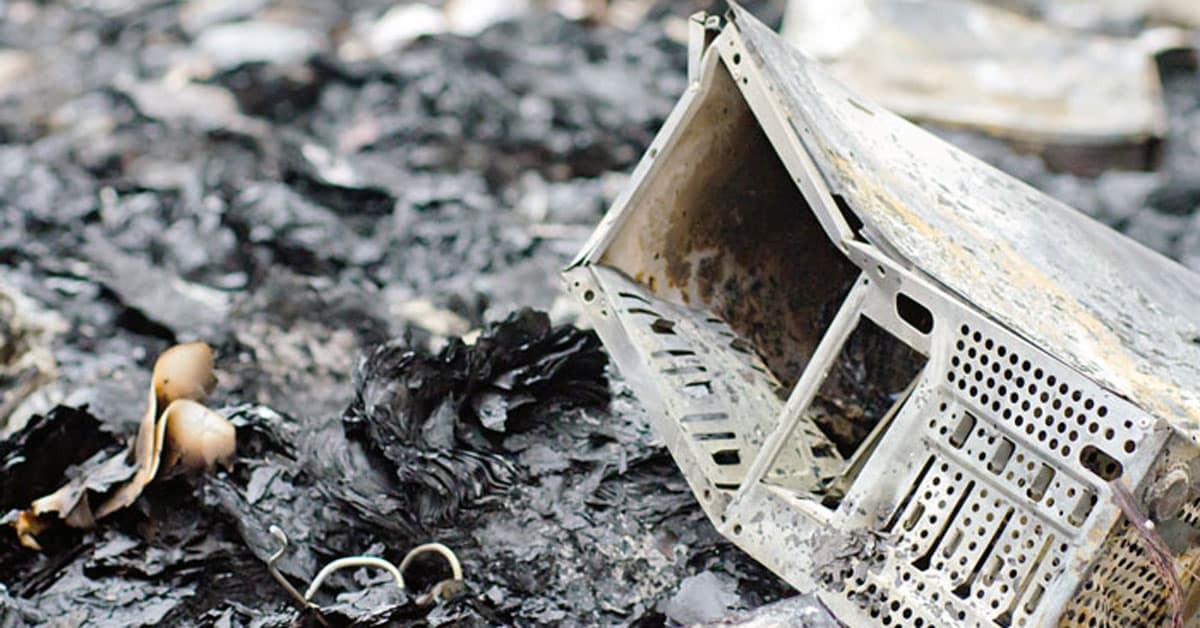Client Records and Natural Disasters: Tips for Reporting Loss and for Recovery
Our hearts go out to our members, their loved ones and communities still reeling from tragic loss due to recent natural disasters. Beyond the devastation and disruption these events bring to our lives, there can be serious repercussions for client record retention, privacy and risk management.
In the wake of a natural disaster, it is important to be mindful of professional guidelines and legislation, and to comply with The NASW Code of Ethics, The Health Insurance Portability and Accountability Act (HIPAA) and HITECH Electronic Privacy Acts, and individual State laws.
For more information, visit https://www.socialworkers.org/ldf/legal_issue/default.asp.
Following are five tips to follow if records have been lost or destroyed as a result of a natural disaster:
- Check with each health insurance carrier to see what forms you will need to submit to officially notify them of lost or destroyed client records.
- Save documentation from your property insurance company or appraiser that verified the damage – to prevent claims of spoliation and prove that the destruction was not intentional.
- Notify each of your clients, including the date and under what circumstances the records were destroyed or lost. Send each client the appropriate forms – such as history or insurance forms) to begin a new client record. Keep a copy of the notification letter in each new file.
- Notify your state licensing board of examiners. Include the date, circumstances, approximate number of records lost or destroyed due to disaster, and patient notification actions taken. Your state licensing Board may also be able to provide guidance about required steps to take.
- Contact the NASW-Endorsed Professional Liability Program Helpline for assistance and report to record the loss.
If your records are damaged, there are national, reputable firms specializing in electronic data recovery and record restoration, including drying of water damaged records. Consult a professional immediately for what to do, and what not to do, as you begin these delicate and complicated processes.
Most professional liability policies do not cover claims due to loss or damage from natural disasters, so consider additional coverage for these types of exposures.
Even if you have never experienced a loss of records due to natural disaster or other causes, remember that HIPAA requires that safeguards must be in place to ensure appropriate protection of electronic PHI. Review HIPAA Standard 164.310 that requires covered entities and Business Associates to have such procedures and plans. https://www.hhs.gov/ocr/privacy/hipaa/understanding/srsummary.html
Preferra Insurance Company has enhanced its new NASW-Endorsed Professional Liability Insurance Policy to cover certain HIPAA related claims resulting from professional practice by automatically including $25,000 for HIPAA Privacy Coverage, an essential benefit in today’s healthcare environment.
If a HIPAA related claim is brought against you, review your Professional Liability Insurance Policy to see if you have protection for expenses related to a breach or violation of HIPAA.
Published July 2013


